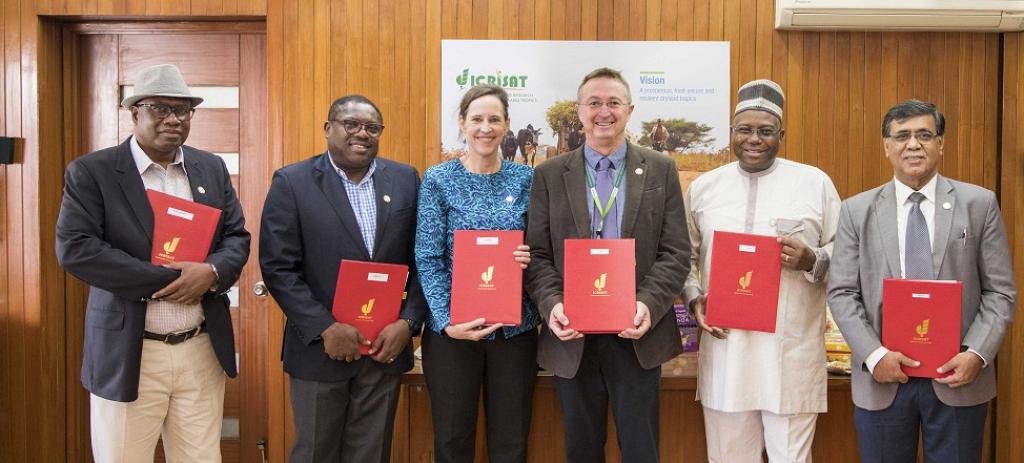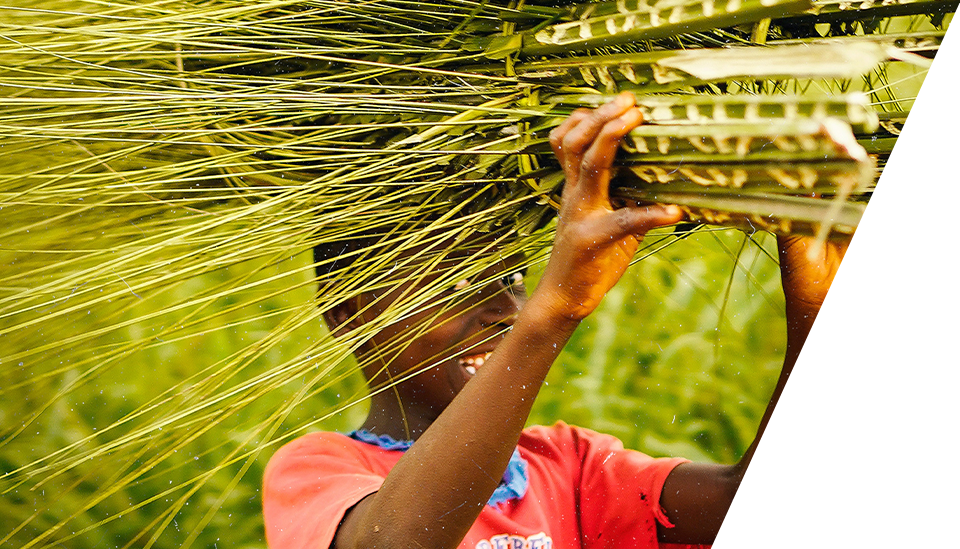Africa and Asia come together to lead a global initiative to diversify staples
13 January 2019. Hyderabad, India. The largest agriculture associations in Africa and Asia signed an agreement for diversifying major food staples.
Associations including the Asia-Pacific Association of Agricultural Research Institutions (APAARI), Forum for Agricultural Research in Africa (FARA), West and Central African Council for Agricultural Research and Development (CORAF), Food Agriculture and Natural Resources Policy Analysis Network (FANRPAN), and the International Crops Research Institute for the Semi-Arid Tropics (ICRISAT) got together to form the Smart Food Executive Council.

The Smart Food Executive Council has been formed under the aegis of the Smart Food Initiative that was launched in 2013 and stemmed from the strategic thinking around the need for food that fulfils the criteria of being good for the consumer, good for the planet and good for the farmer.
A major objective under the initiative is to diversify staples which can have the strongest impact on nutrition, the environment and farmer welfare. Given that staples may typically constitute 70 per cent of a meal and are often eaten three times a day, diversifying them can have a pronounced impact on overcoming malnutrition and poverty and coping with climate change and environmental degradation.
This would contribute to the Sustainable Development Goals (SDGs) for overcoming poverty and hunger (SDG 1 and 2), responsible consumption and production (SDG 12), along with adaptation to climate change (Goal 13). The approach taken will include gender equality (SDG 5) and action through partnerships (SDG 17).
“This new partnership strengthens collaborations between Asia and Africa and can open up opportunities to join forces at any point along the value chain, from consumers through to processors, chefs through to farmers, researchers and others,” Peter Carberry, director general, ICRISAT.

